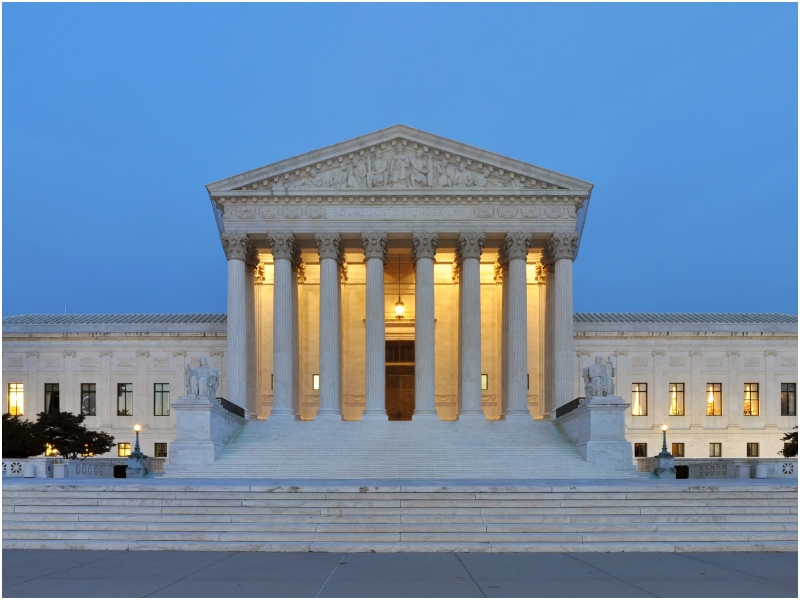The U.S. Supreme Court has denied a request to stay two controversial Environmental Protection Agency (EPA) rules while the legal challenges against them proceed.
This decision mandates compliance with the EPA’s regulations as the U.S. Court of Appeals for the District of Columbia Circuit continues its review, leaving significant environmental policies intact for now.
The first rule in question, published as 89 FR 16820, requires reductions in methane emissions from oil and natural gas operations. The second, 89 FR 38508, mandates reductions in hazardous air pollutants from coal and oil-powered electricity generators.
These regulations are part of the EPA’s broader agenda to address environmental and public health risks associated with the energy sector.
The petition to stay the rules was led by a coalition of 23 Republican-led states, industry groups, power plants, and mining companies.
They argued that complying with the regulations would impose billions of dollars in costs on energy producers, potentially causing irreparable economic harm without providing substantial public health benefits.
The challengers also questioned the EPA’s authority to enforce such sweeping environmental policies, particularly in the context of climate change and energy transitions away from fossil fuels.
Typically, a stay is granted when the economic burden of complying with a contested rule could result in irreparable damage to the petitioners.
However, the Supreme Court’s decision forces the petitioners to comply with the EPA regulations while awaiting the outcome of their appeal.
The case raises crucial questions about the scope of EPA’s authority, especially in light of the Supreme Court’s recent decision to overturn the 40-year-old Chevron precedent.
This significant ruling shifts the responsibility for interpreting the statutory limits of government agencies away from the agencies themselves, placing it in the hands of the courts.
As the appellate court deliberates, industry leaders, environmental advocates, and state governments are closely watching for a decision that could have far-reaching implications for environmental policy and regulatory oversight.
The Supreme Court issued its order without providing an opinion.

